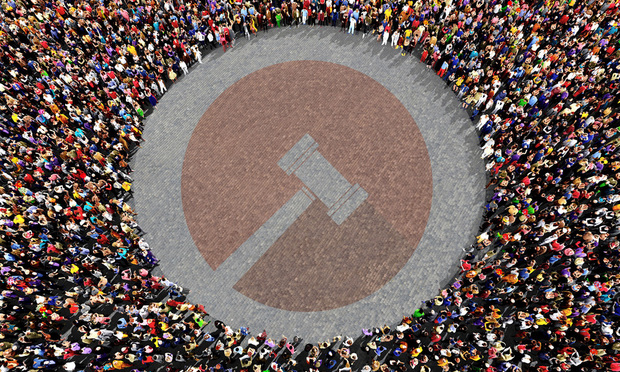Over a half-century ago, the NAACP was under attack for its public interest work. Alabama had sought to neuter the NAACP by forcing the organization to disclose its members and donors publicly. The Supreme Court, in NAACP v. Alabama, recognized that “effective advocacy of both public and private points of view, particularly controversial ones, is undeniably enhanced by group association” and concluded that “compelled disclosure of affiliation with groups engaged in advocacy may constitute as effective a restraint on freedom of association as [other] forms of governmental action.”
A few years later, Virginia went after the NAACP because it solicited pro bono clients. If the state had succeeded, it would have been an existential threat to public interest litigation. But the Supreme Court recognized that public interest litigation was often the only means of challenging unlawful government action. In the 1963 decision NAACP v. Button, the court noted that such “litigation is … a means for achieving the lawful objectives of equality of treatment. … Just as it was true for the opponents of the New Deal legislation during the 1930s … no less is it true of the Negro minority today.”








